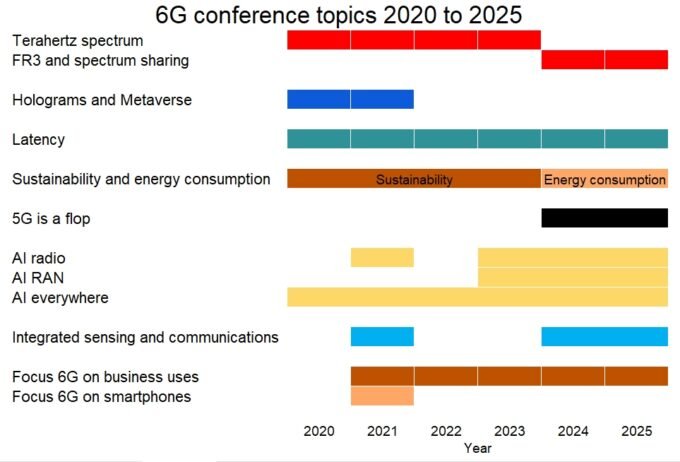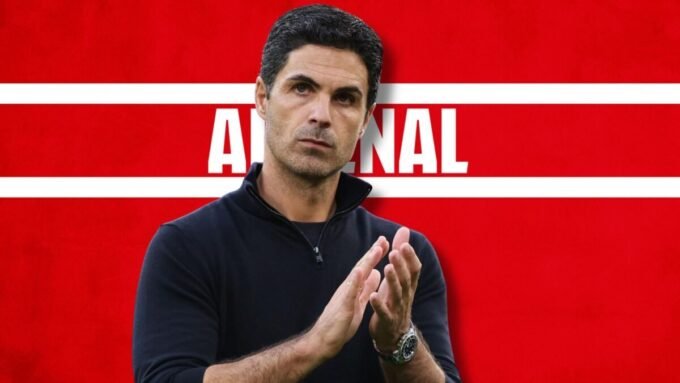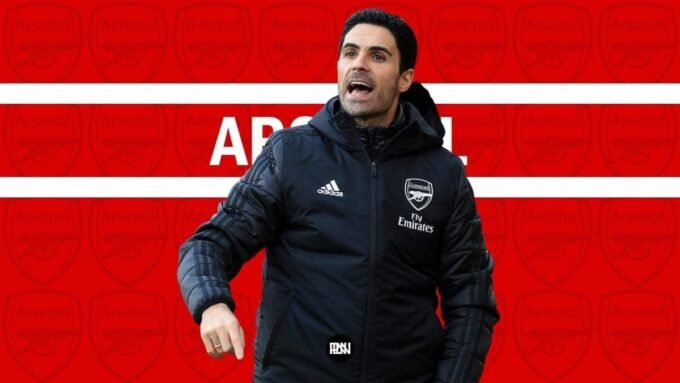There’s a little stirring in the transfer rumour mill around Jeremy Jacquet — you may have noticed — and it’s the kind of story that feels both inevitable and still a bit uncertain. At 20, the Stade Rennais centre-back has broken into the first team enough times this season to catch serious attention. Scouting reports are landing. Phone calls are being placed. Manchester United are said to have made the first formal moves, but Arsenal, Crystal Palace and even RB Leipzig are all in the picture. So yes, it’s early. But it’s also one of those small, slow-developing sagas that could shape several clubs’ defensive plans for years.
Why he’s interesting
Jacquet is the kind of player scouts love to tick off: calm on the ball, able to play calmly out from the back, not afraid to step into midfield when the team needs to move the ball forward. He’s also competitive in duels and looks comfortable stepping up to Ligue 1’s pace and physicality. Twelve first-team appearances this season doesn’t sound like a lot — and it isn’t if you’re expecting instant stardom — but it’s enough to show potential and temperament. For clubs planning ahead, that combination matters more than a flashy stat line.
Also read: Midfield Tug-of-War: Why Alex Scott Has Both Spurs and United Watching
I think what draws clubs to him isn’t just his present level but what he might become. He’s young enough to be a long-term project, yet he’s already showing the reading of the game that suggests a fairly high ceiling. That’s useful — very useful — to teams who would rather sign smart prospects now than get into a frantic, expensive scramble later.
Manchester United’s angle
Manchester United reportedly have logged scouting trips and opened early lines of enquiry. There’s a logic to that. United need to think about succession. Harry Maguire has been playing better under Ruben Amorim — yes, that’s happened — but Maguire won’t be 25 again, and planning for the future is not negotiable at a club with big ambitions. United’s interest feels like part prudence, part strategy: find a defender who can be brought in gradually, groomed, and eventually paired with more experienced heads.
It’s not just about who’s best this summer; it’s about who fits a five-year arc. Jacquet ticks a lot of those boxes. Calm in build-up, brave on the front foot, able to play a higher line — those traits are attractive for a club that wants to refresh its back line without starting from scratch.
Arsenal and the question of minutes
Arsenal have been watching Jacquet, too. They did some homework in the summer and haven’t dropped the file. But their situation is different: they already have a stacked centre-back department. So any signing has to either nudge the existing group forward or be young enough to develop without immediate pressure to deliver weekly. Jacquet could be a fit in that “grow quietly and step up” sense, but he’d also need a clear pathway to minutes. Would he get those at Arsenal right away? Probably not. They’re set up to win now, which changes the calculus.
Leipzig and the Continental option
RB Leipzig is a familiar landing spot for promising French defenders — a stepping stone to continental exposure without the immediate grind of the Premier League. If Manchester United and Arsenal stall, or if the fee looks better for a German move, Leipzig could offer a very sensible route. They give minutes, developmental structure, and a platform to showcase in Europe, which might suit a player who wants regular playing time more than a seat on a very expensive bench.
Also read: Clubs Scramble as Nico Schlotterbeck Emerges as a Hot Option
Why Palace makes sense
Crystal Palace’s interest feels logical and practical. Marc Guehi’s contract situation is an open question, and Palace need to be ready whether they keep him or not. At Selhurst Park, time in the first team comes sooner than it does at many big clubs. For a 20-year-old defender looking to accelerate development, immediate Premier League minutes are persuasive. Palace’s style under Oliver Glasner — a desire for mobile, front-foot defenders who can help build from the back — matches Jacquet’s profile. It’s straightforward: Palace can promise game time and a defined role. That matters.
The player’s perspective
From Jacquet’s side, the choice is clear in one way and complicated in another. Regular football at this stage would likely help his growth more than sitting on the bench at a top-six club. But then again, the lure of training with elite teammates, learning in a top environment and competing at the very highest level is hard to ignore. Players his age often have to pick between accelerated development through minutes and the slower burn of polishing skills at a bigger club.
That tension is part of what makes this interesting. If I were advising him — and I’m not, of course, but let’s imagine — I’d lean towards a place that guarantees minutes and responsibility. Young defenders learn by being put in situations where they’re forced to solve problems on matchdays, repeatedly. Palace can offer that. Manchester United can offer long-term resources and exposure. Arsenal would offer a winning culture but probably fewer immediate opportunities. Leipzig gives the developmental bridge to continental football. Each route has pros and cons.
What might happen next
Expect a careful, drawn-out process. Clubs don’t rush when a player looks that promising; they study and position themselves so they don’t overpay and so they can offer the right developmental promises. United making initial contact is a sign of intent rather than an immediate transfer plan. The real test will be how quickly other clubs escalate interest and, crucially, what Jacquet and Stade Rennais want from the move.
Also read: A Second Chance at Old Trafford: Why Joshua Zirkzee Might Stay Through Winter
There’s also the simple economics: fees, wages, sell-on clauses, and waiting for the right moment. Sometimes these transfers hinge on small details, or on one club offering a clearer pathway to minutes. Sometimes they hinge on the player’s gut feeling. That’s human, and it matters.
Where this lands will tell us a lot about each club’s strategy: whether they prioritize immediate strength, future planning, or a middle ground. For now, it’s a tidy little saga — scouts watching, clubs plotting, and a young player suddenly having to weigh options that could define the next stage of his career.














Leave a comment